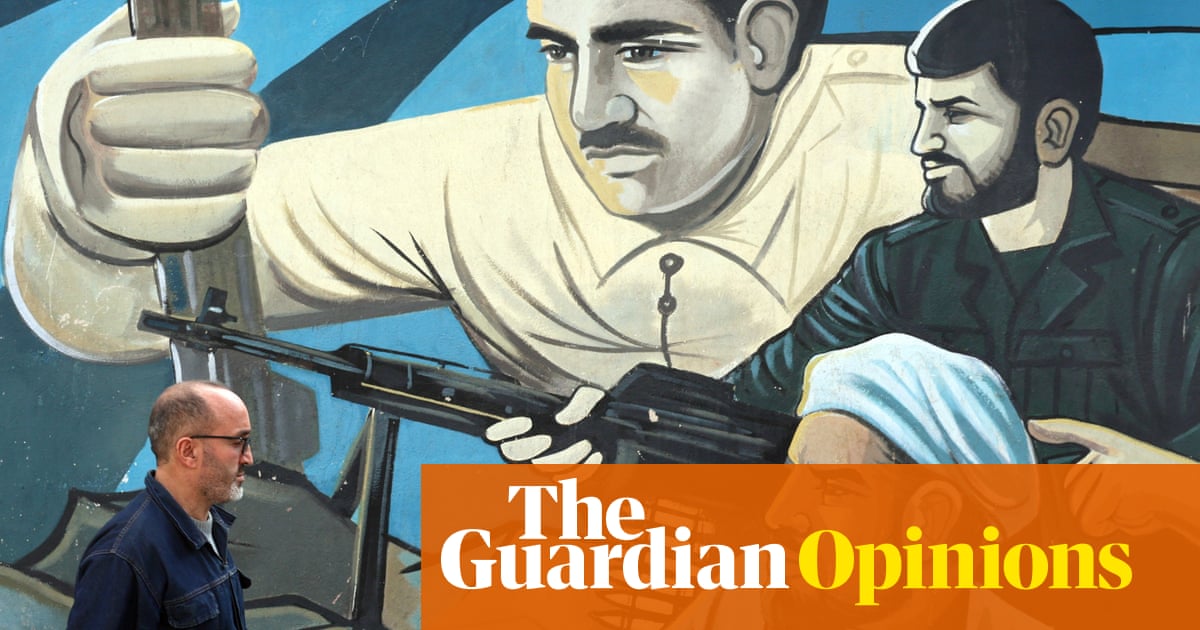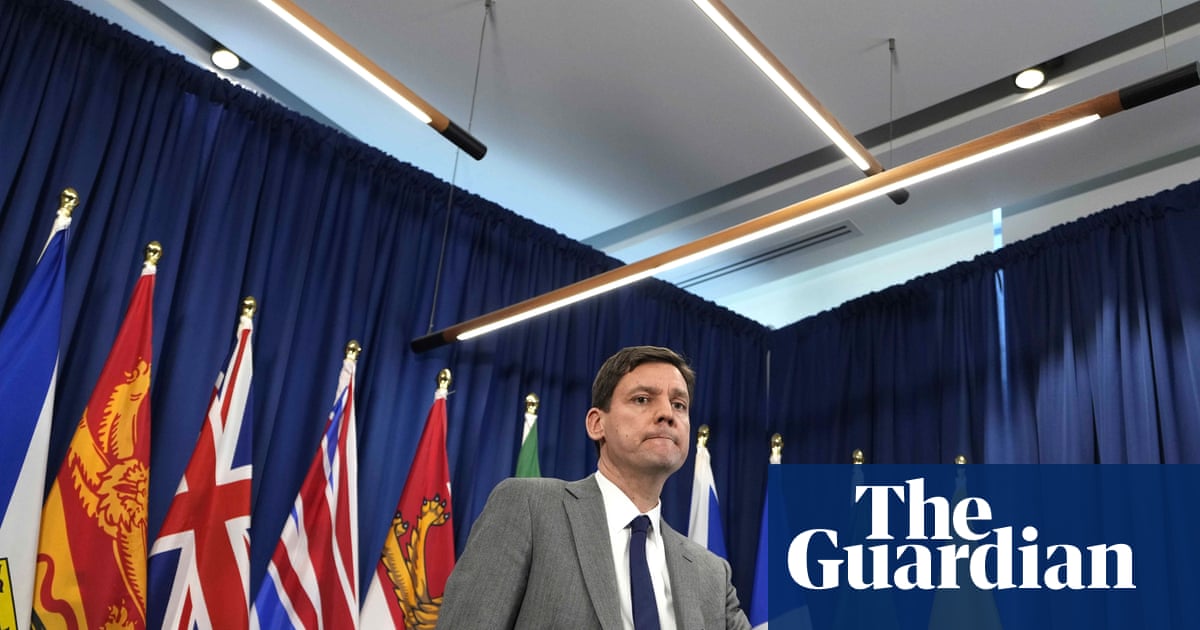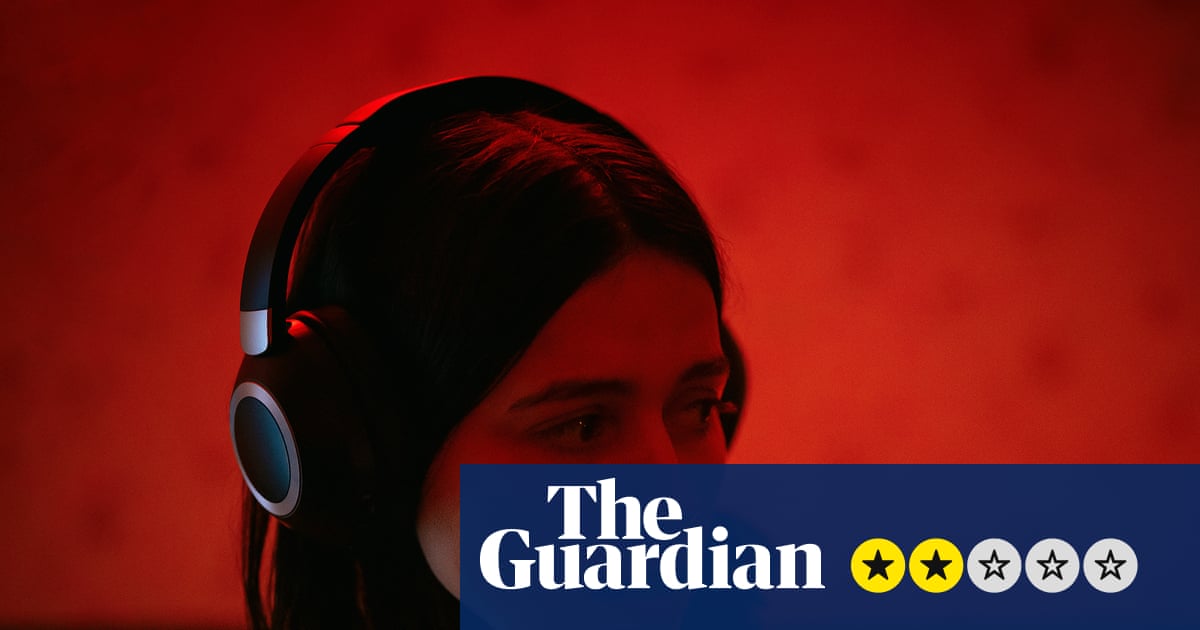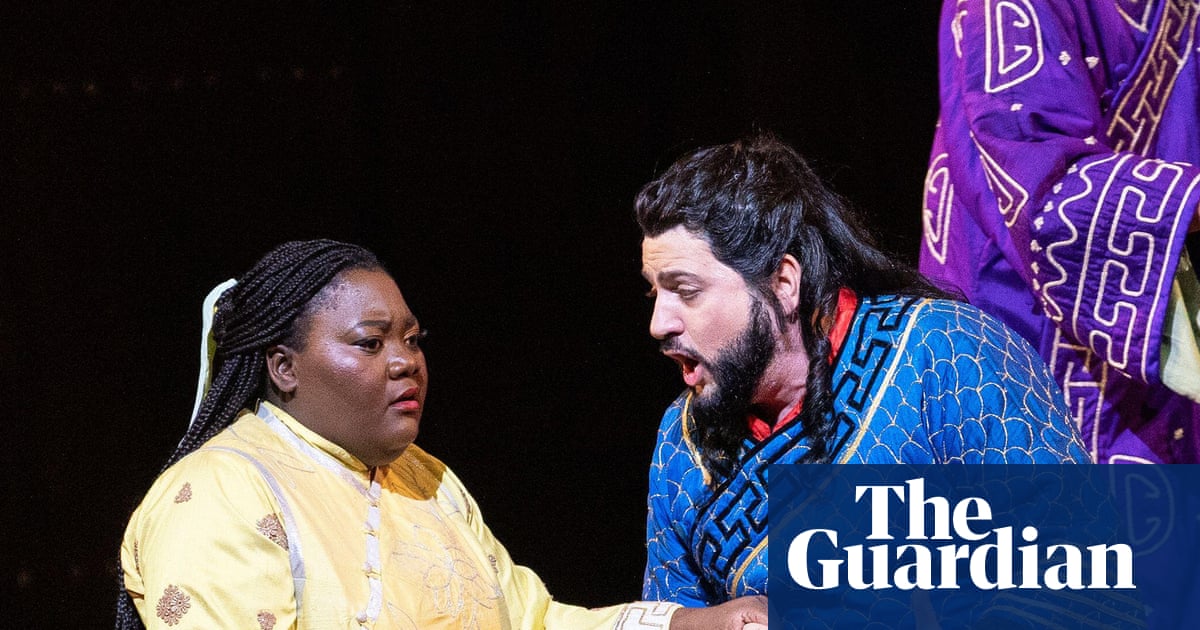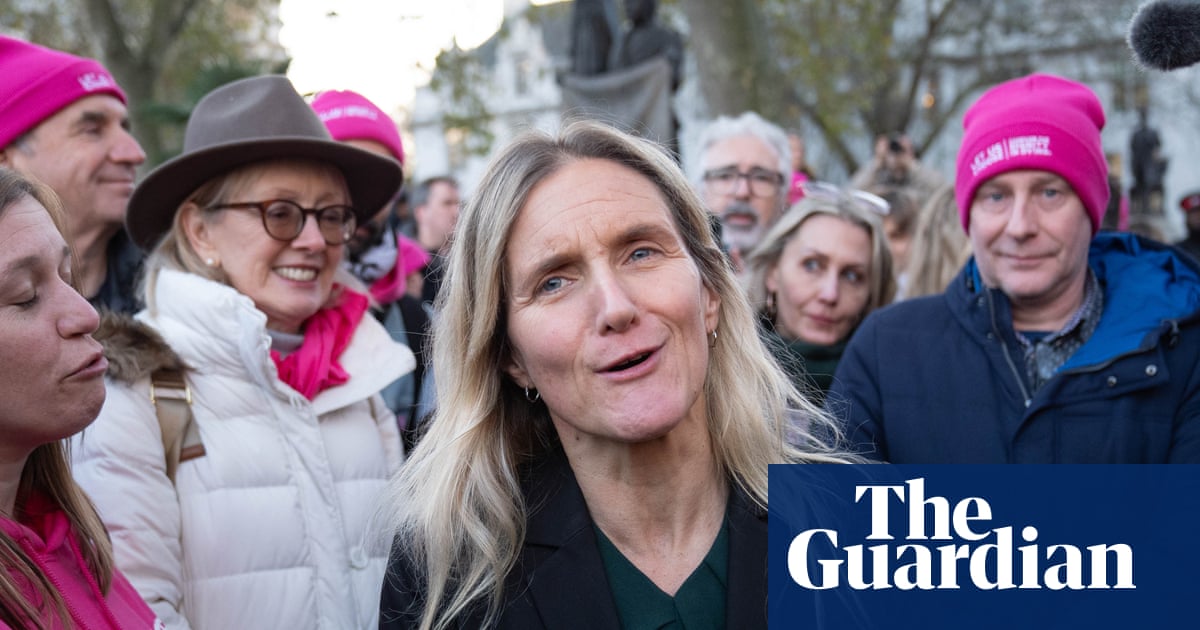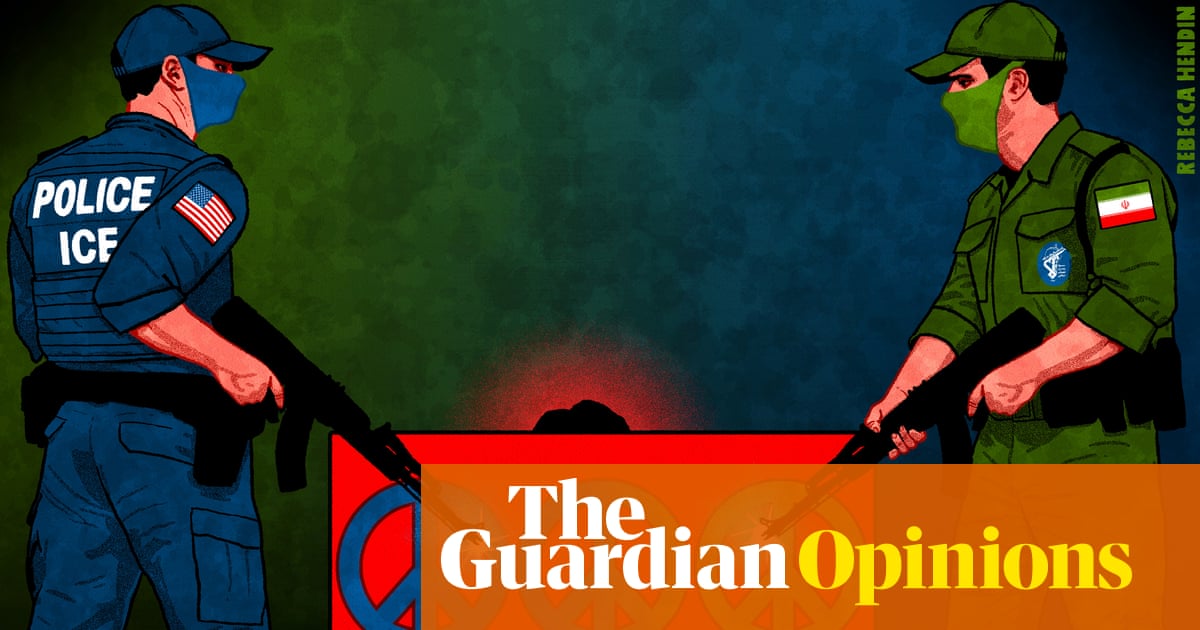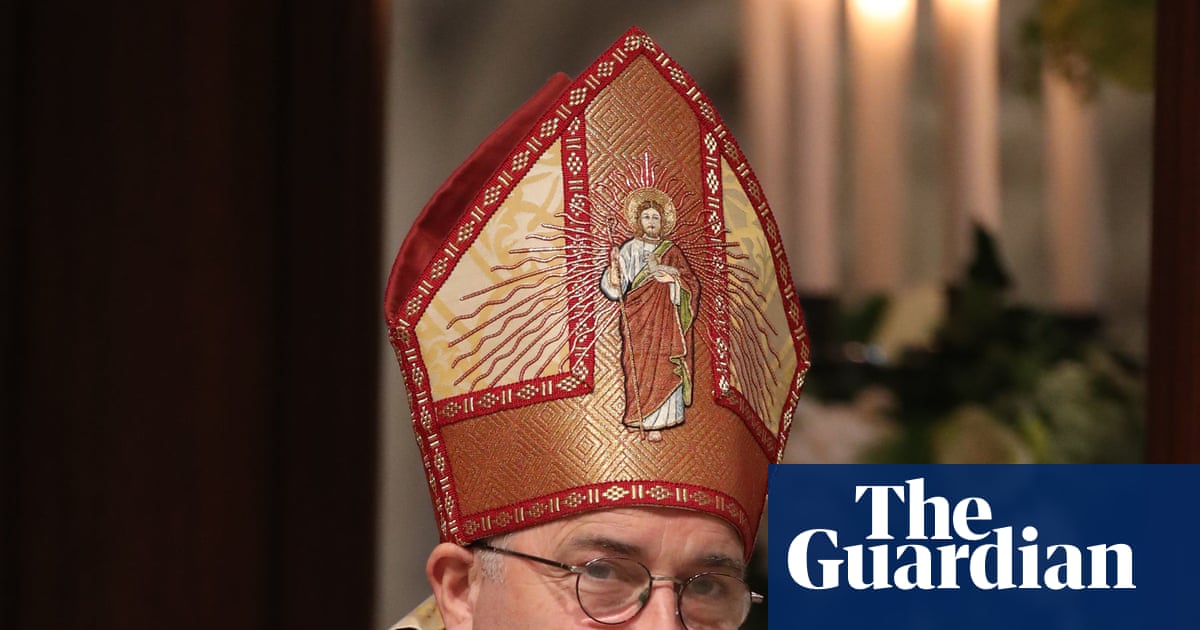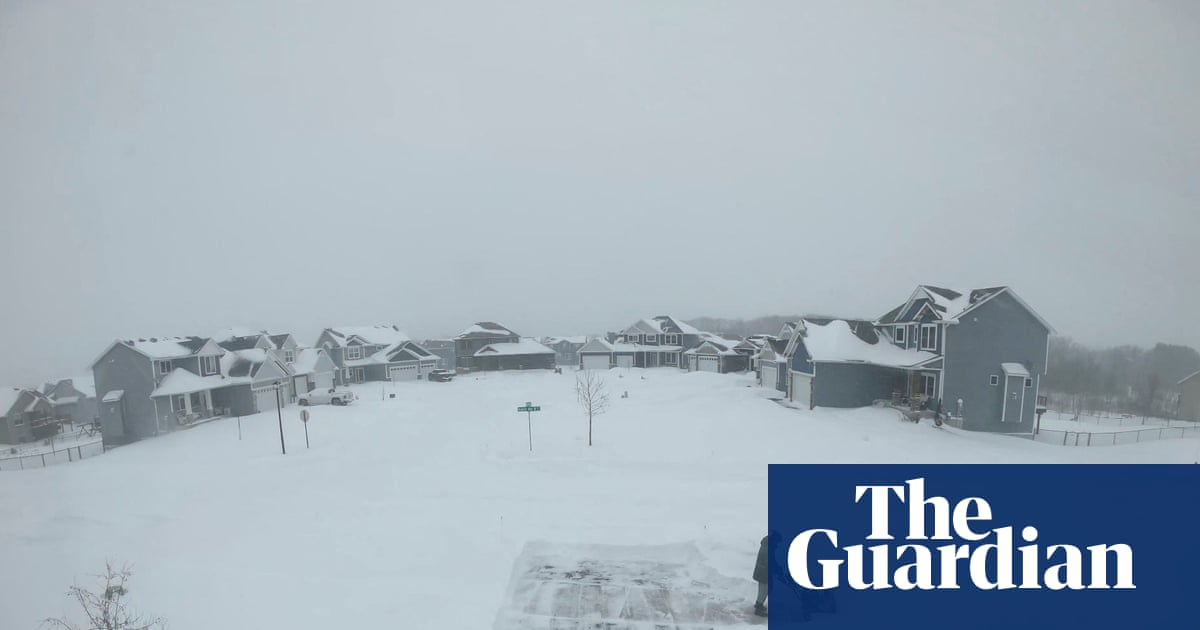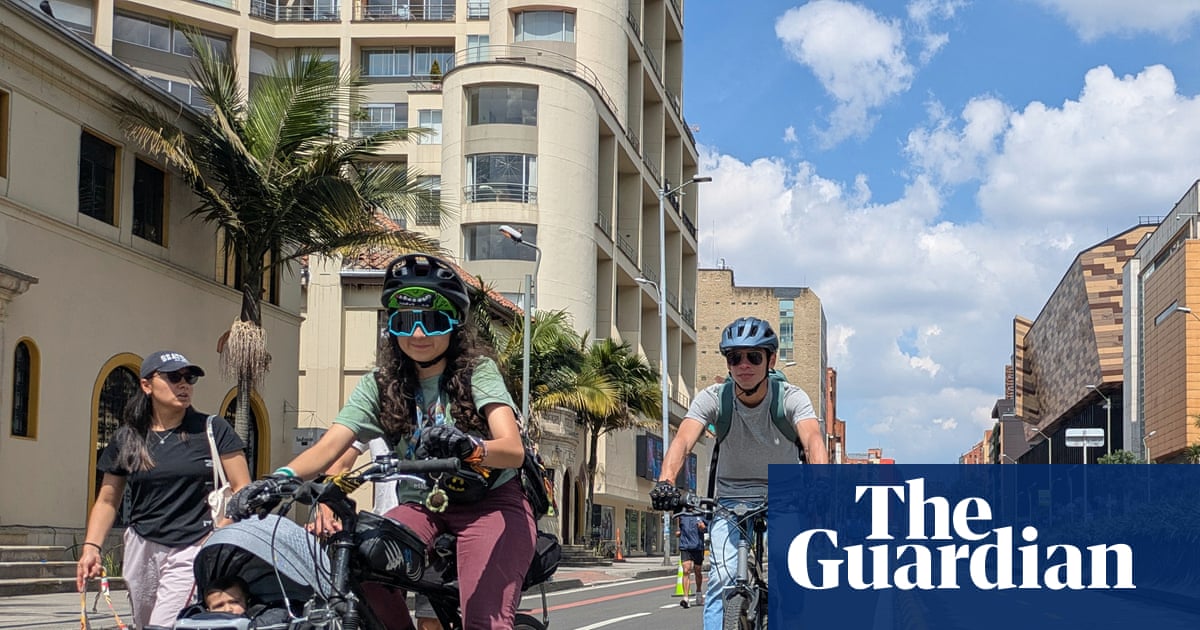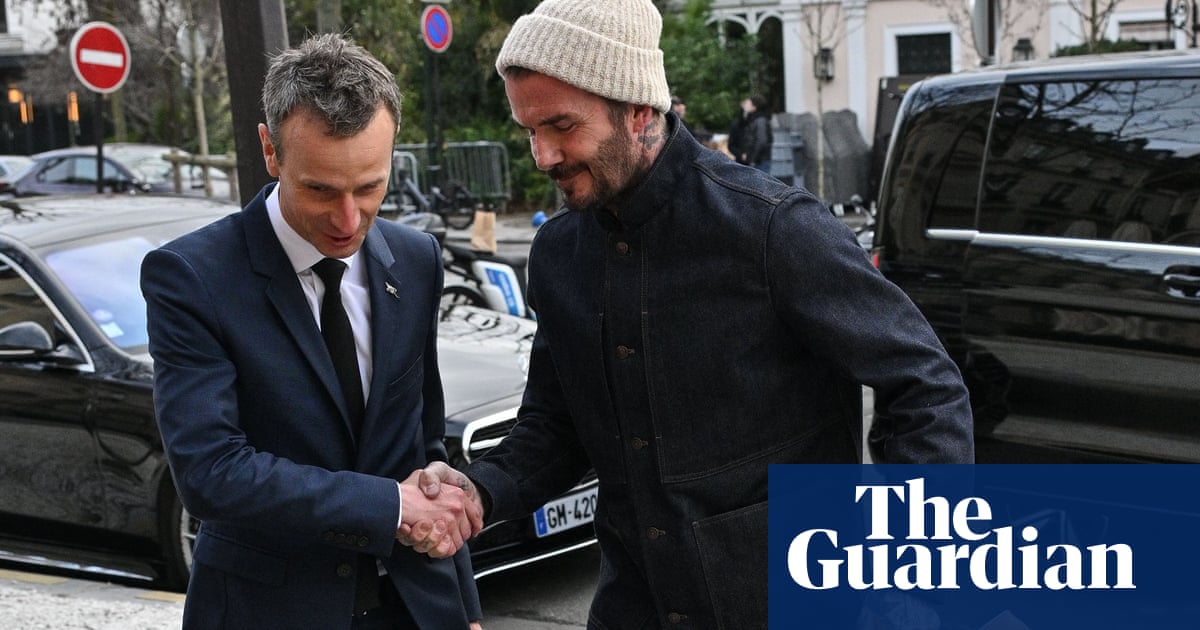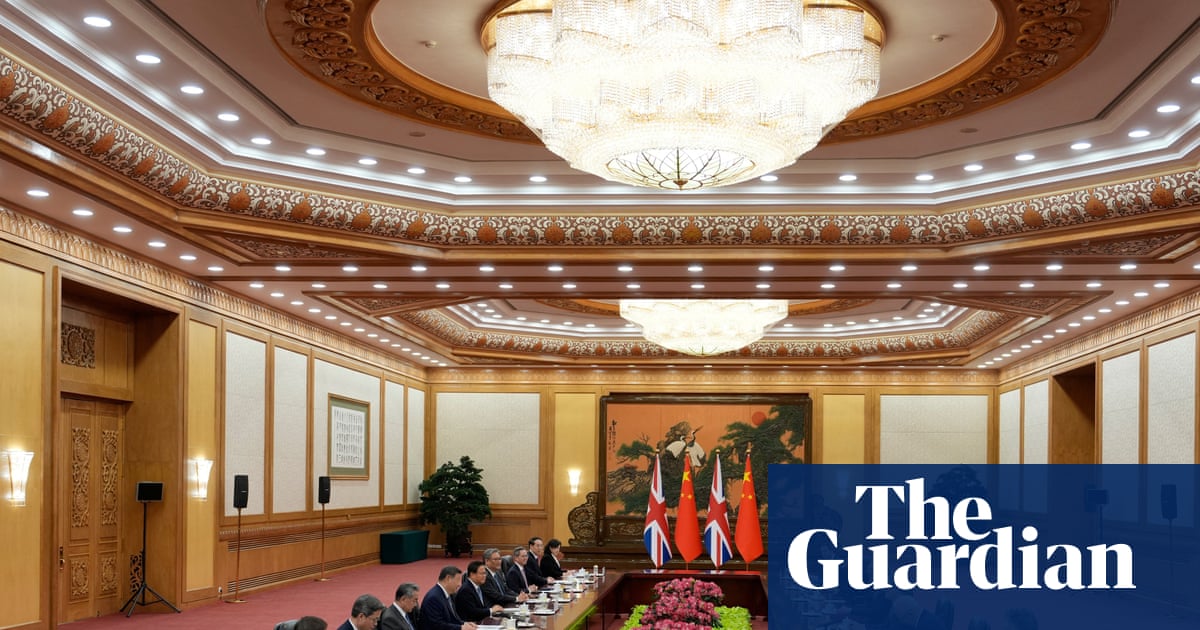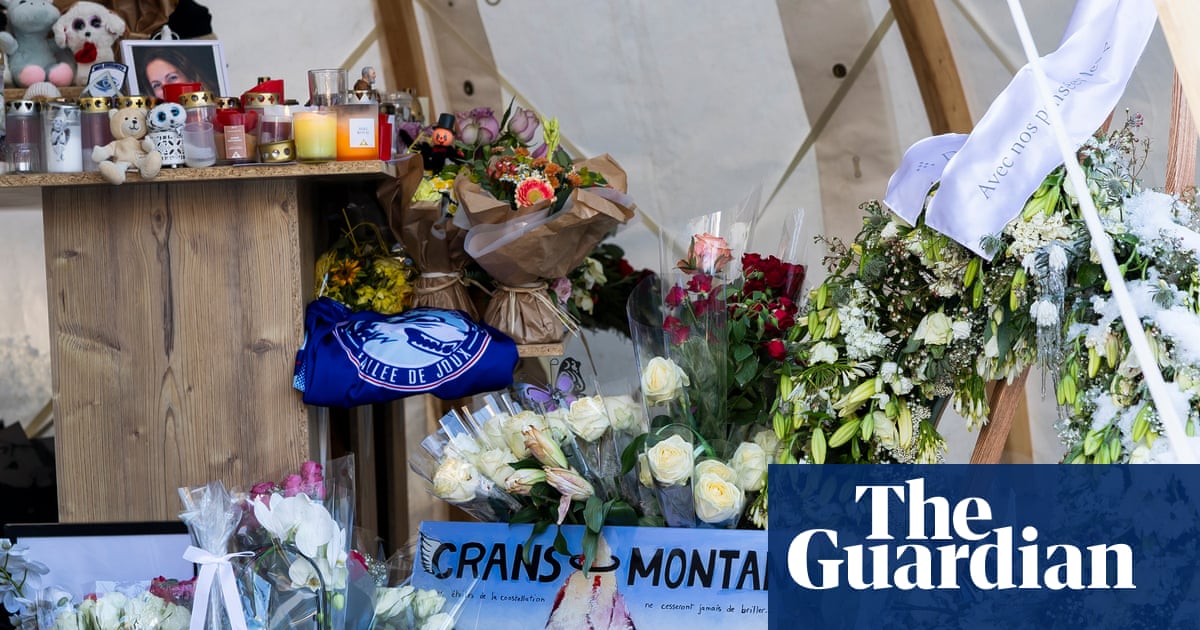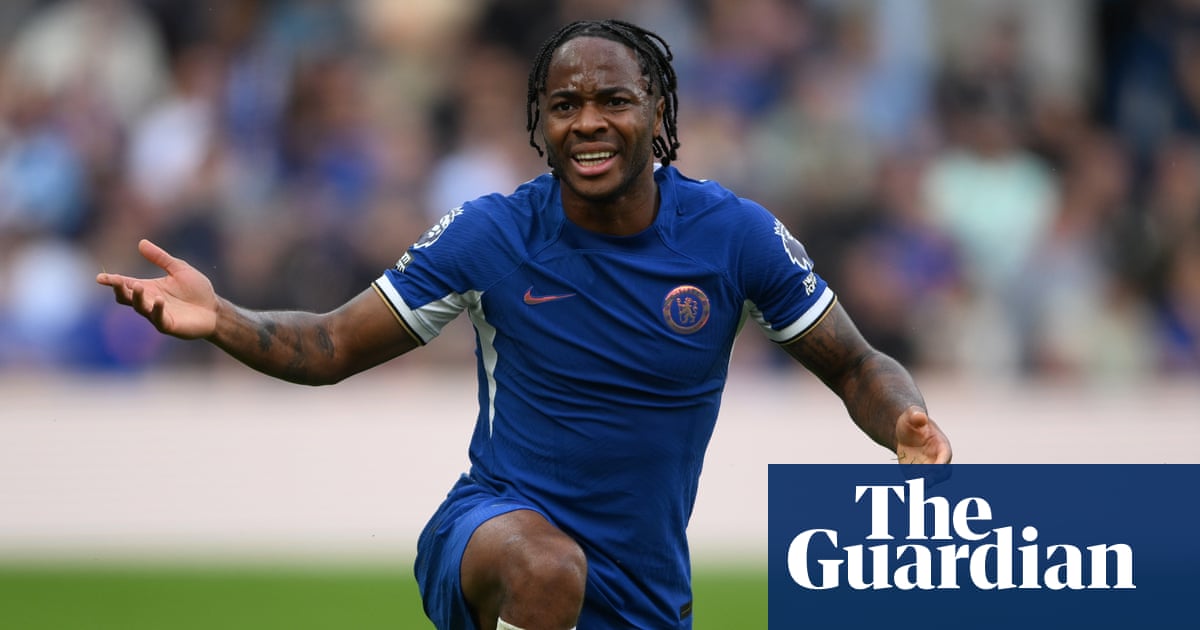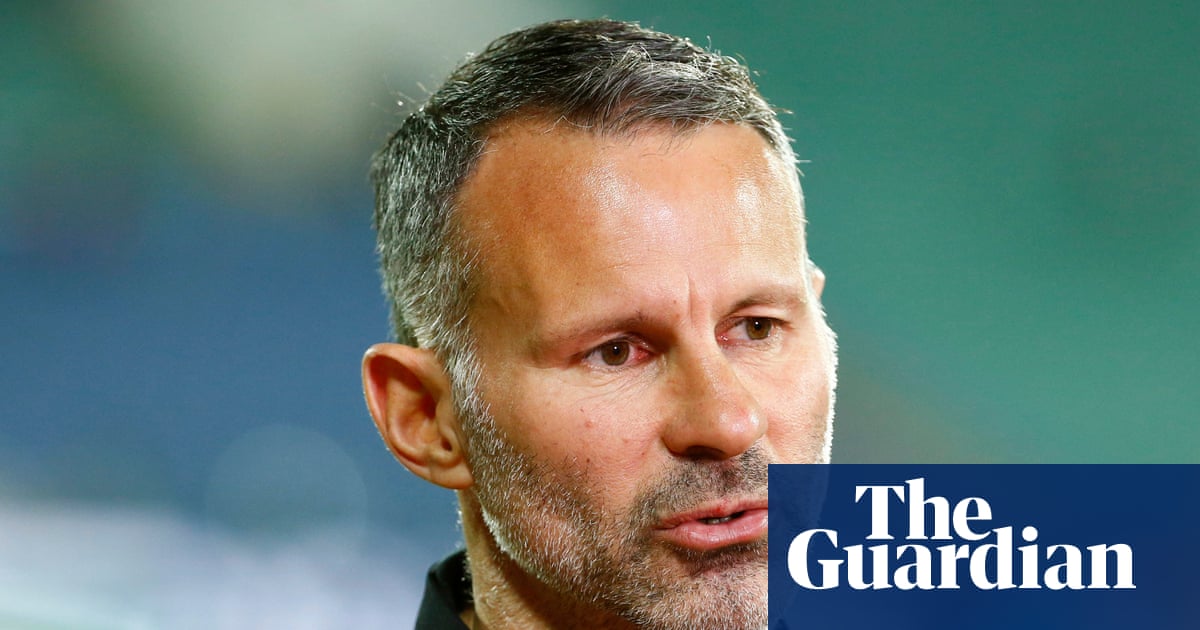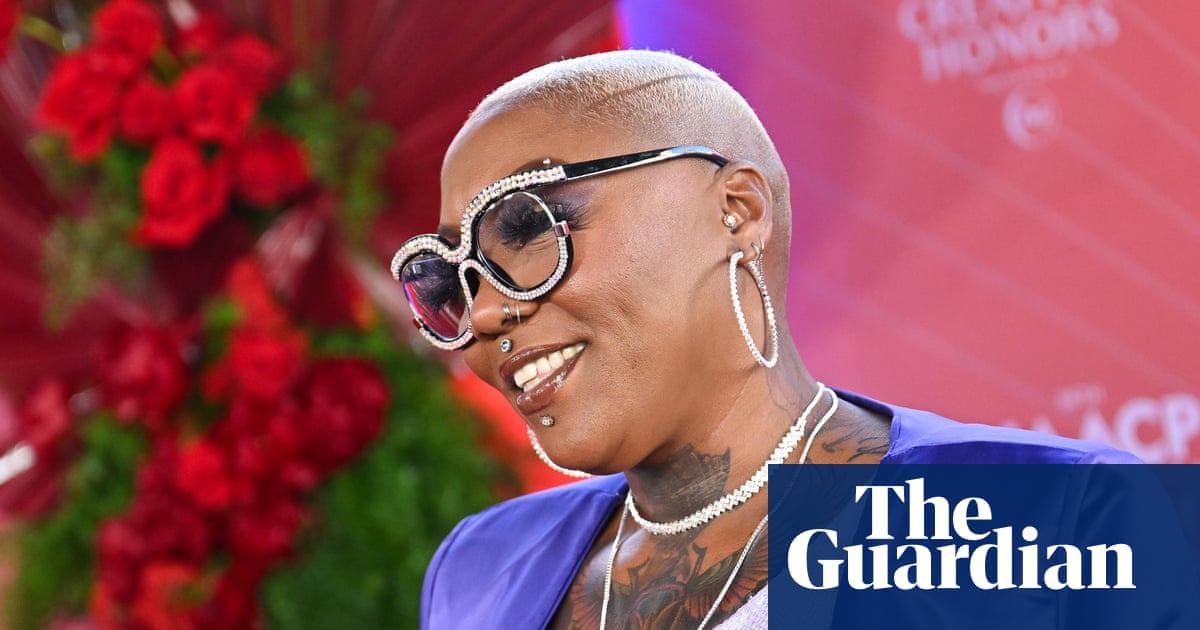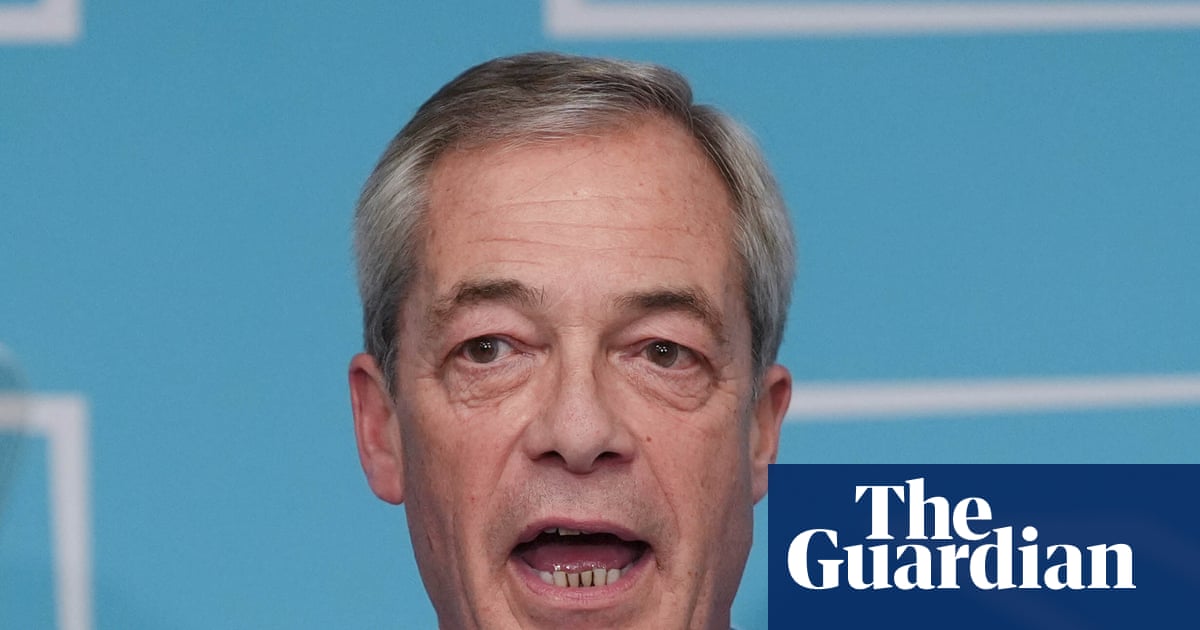The US secretary of state, Marco Rubio, is facing questions from his fellow G7 foreign ministers about the legality of the US strikes in the Caribbean on ships it says it suspects of carrying drugs.
The French foreign minister, Jean-Noël Barrot, criticised the military operations, saying they could contribute to instability in the region, but his suggestion that the attacks were unlawful was also a rare criticism of the Trump administration.
The G7 foreign ministers were meeting under the chairmanship of Canada at Niagara Falls in a session intended to focus on Ukraine, a peace plan for Gaza and the conflict in Sudan.

“We have observed with concern military operations in the Caribbean region because they disregard international law and because France has a presence in this region through its overseas territories, where more than a million of our compatriots reside,” Barrot told reporters at the start of the gathering.
“They could therefore be affected by the instability caused by any escalation, which we obviously want to avoid.”
His remarks came the day after CNN reported that the UK had suspended intelligence-sharing with the US in the Caribbean due to its concerns it could find itself criminally liable if it was implicated in the attacks.
The US military has carried out at least 19 strikes so far against suspected drug vessels in the Caribbean and off the Pacific coasts of Latin America, killing at least 75 people.
The US vice-president, JD Vance, has previously pushed back against claims the attacks amounted to a war crime, saying: “I don’t give a shit what you call it.”
The US has accused the Venezuelan president, Nicolás Maduro, of being a narco-terrorist with links between his administration and drug cartels, and the US president, Donald Trump, has said he has approved of all the attacks.
Maduro in turn has accused the Trump administration of “fabricating a war” while pursuing a regime change plot in disguise.
USS Gerald R Ford, the world’s largest aircraft carrier, this week entered an area under the control of the US Naval Forces Southern Command, which encompasses Latin America and the Caribbean.
International legal experts have argued that the US actions constitute a war crime. Speaking in London last week, Oona A Hathaway, a professor of international law at Yale Law School, said of those undertaking these attacks: “I know they know what they are doing is wrong. If they refuse, they disobey orders. If they do it, they are violating international law and domestic law. Dropping bombs on people when you do not know who they are is a breach of law.”
The Canadian foreign minister and session host, Anita Anand, said bolstering Ukraine was the chief feature of the meeting, but stopped short of promising concrete G7 action to support Kyiv, including any change to the G7-administered oil price cap that sets the price at which Russian oil should be sold on the international markets.
The UK has announced £13m in funding to help repair Ukraine’s energy sector, which has suffered massive Russian attacks in recent days. Britain also announced a maritime services ban on Russian liquefied natural gas.
The UK’s foreign secretary, Yvette Cooper, said Russia’s president, Vladimir Putin, “is trying to plunge Ukraine into darkness and the cold as winter approaches”.
She planned at the G7 “to galvanise [Britain’s] closest partners to continue to stand up for Ukraine in the face of Putin’s mindless aggression”, the Foreign Office said.
Calls for a ceasefire in Sudan were also addressed at a working dinner, but there is little sign that both sides will take the step so long as they are being armed by external actors.
Anand said she was “absolutely horrified” by the conflict, which has triggered one of the world’s worst humanitarian crises, and that the G7 would work “to support those who are suffering and dying needlessly in Sudan”.

 2 months ago
45
2 months ago
45

